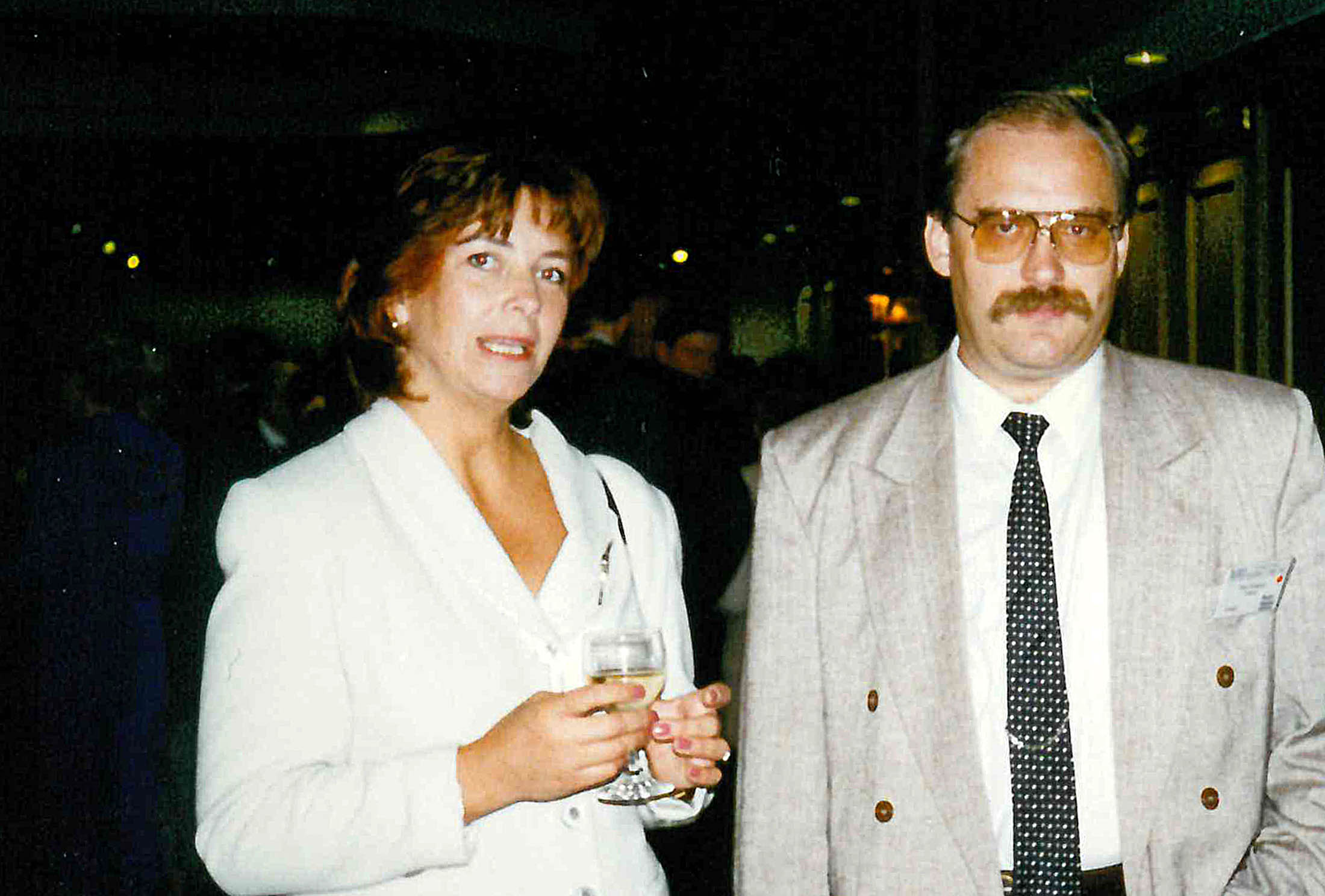Remarkable name
Veinberg, Alev and their two business partners realised their idea on 6 March 1992 when the Enterprise Department of Tallinn City Government issued a certificate reading: “The Public Limited Company Rimess has been registered in the Estonian Register of Companies, Institutions and Organisations.”
Good readers may raise an eyebrow and exclaim, like Joosep Toots when hearing the name of his schoolmate Imelik (meaning ‘strange’ in Estonian): “What a strange name!” Strange or not, the name ‘Rimess’ is certainly not random. Veinberg remembers that when they were setting up the new company, she and Alev discussed the choice of name in detail, because it could not just be a word: it had to have the right meaning and a connection to the sector. They turned to an economics textbook published in the early years of the prewar Republic of Estonia for inspiration, browsing it in the library of the Academy of Sciences.
Veinberg recalls that the options were Rimess, Remburssi and Tratt – all economic terms in use at the time. Rimess, which was ultimately selected, means a promissory note given to a creditor to cover a debt. “In English, there is the saying, ‘My word is my bond’,” Veinberg says. “Basically, it means you’ll do what you said. That is what Rimess does: it sells trust.”
Although the name was chosen in early spring 1992 and Rimess was registered in the register of companies, the company did not immediately become active. Alev and Veinberg were busy with their main jobs and the other two shareholders didn’t start operating in the newly created Rimess either. However, everything changed in summer 1992 when Mati Nõmmiste, chief accountant of the agricultural group Agro and a former colleague of Veinberg in ETKVL, stepped into Veinberg’s office at Cross Development. Like many of his compatriots, Nõmmiste had decided to try his hand at entrepreneurship.
Mati Nõmmiste and Eva Veinberg at the 1995 Moores Rowland International annual conference in Istanbul.
“In summer 1992 I began planning to do something on my own instead of working for Agro,” recalls Nõmmiste. “I spoke to a number of people to hear their thoughts, but the accounting sector was not considered very promising. People were more interested in the buy-sell-trade type of business.” Veinberg, however, turned out to be a positive exception to Nõmmiste’s string of failed interviews. The idea of an accounting firm appealed to Veinberg, and she already had a suitable legal entity – Rimess.
Veinberg remembers asking Nõmmiste, who had come to her with the proposal to do business together, why he had chosen her. “Mati explained that a former fellow student from the University of Tartu had turned him down!” Veinberg laughs. “So I was the second choice! But never mind. Mati and I agreed that I wouldn’t leave Cross Development right away and that he would start running Rimess.” Soon, the circle of owners shrank as well: Veinberg and Nõmmiste became the two owners of Rimess when the three passive partners sold their holdings. The circle of owners expanded again in 2002 when Artur Suits, who had joined Rimess in 1996, became a partner.


